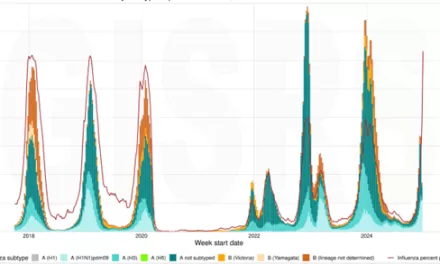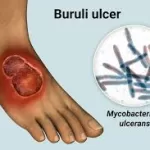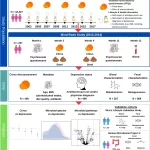A recent study has raised concerns about exploitative marketing tactics used by the addiction treatment industry on social media platforms, particularly on Twitter (now X). The study, published in Alcohol: Clinical and Experimental Research, highlights the potential harm these marketing strategies pose to individuals seeking support for substance use recovery.
The Role of Social Media in Recovery
For many people attempting to overcome substance use disorders (SUDs) or alcohol use disorder (AUD), social media has become an essential tool for seeking support. Online recovery communities, including Alcoholics Anonymous, Narcotics Anonymous, and SMART Recovery, provide virtual peer support, mutual accountability, and encouragement. This shift has been especially pronounced since the COVID-19 pandemic, which accelerated the adoption of online recovery resources.
Study Findings: Marketing Practices in Recovery Discourse
Researchers in the U.S. analyzed 186,460 tweets from 2022 that contained keywords and hashtags related to substance use recovery, such as #recovery, #sober, and #harmreduction. A deeper manual review of 1,132 tweets revealed that 42% were posted by individuals in or seeking recovery, while 21% originated from the addiction treatment industry.
While many tweets from people in recovery aimed to provide emotional support, celebrate sobriety milestones, or advocate for harm reduction policies, nearly 20% of all tweets analyzed contained marketing content. Alarmingly, 90% of the promotional tweets advertised addiction treatment services, products, or therapies—some of which lacked scientific validation.
The Ethical Concerns of Addiction Treatment Marketing
The presence of aggressive marketing from addiction treatment businesses raises ethical concerns. Previous studies have documented misleading claims and predatory marketing in this industry, where financial incentives often take precedence over patient well-being. Some treatment providers have been accused of exploiting vulnerable individuals by promoting unproven treatments or inflating success rates.
Experts warn that such practices may erode trust in evidence-based treatment options, exacerbate barriers to care, and lead to poorer recovery outcomes. Additionally, the prioritization of commercial content by social media algorithms can make it more difficult for individuals to access reliable, science-backed recovery resources.
Call for Regulatory Action
Given these findings, researchers and advocates are calling for stricter regulations to protect people with substance use disorders from deceptive marketing. Proposed measures include increased oversight of online addiction treatment advertising, enhanced transparency requirements, and algorithmic changes that prioritize peer support and evidence-based recovery resources over commercial interests.
As social media continues to shape how people engage with addiction recovery, policymakers and platform operators must ensure that vulnerable individuals are not exploited for profit under the guise of help.
Disclaimer: This article is for informational purposes only and does not constitute medical or professional advice. If you or someone you know is struggling with substance use, please seek support from a qualified healthcare provider or a reputable recovery organization.










